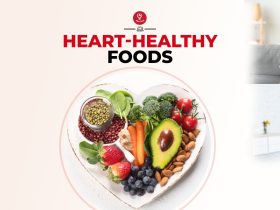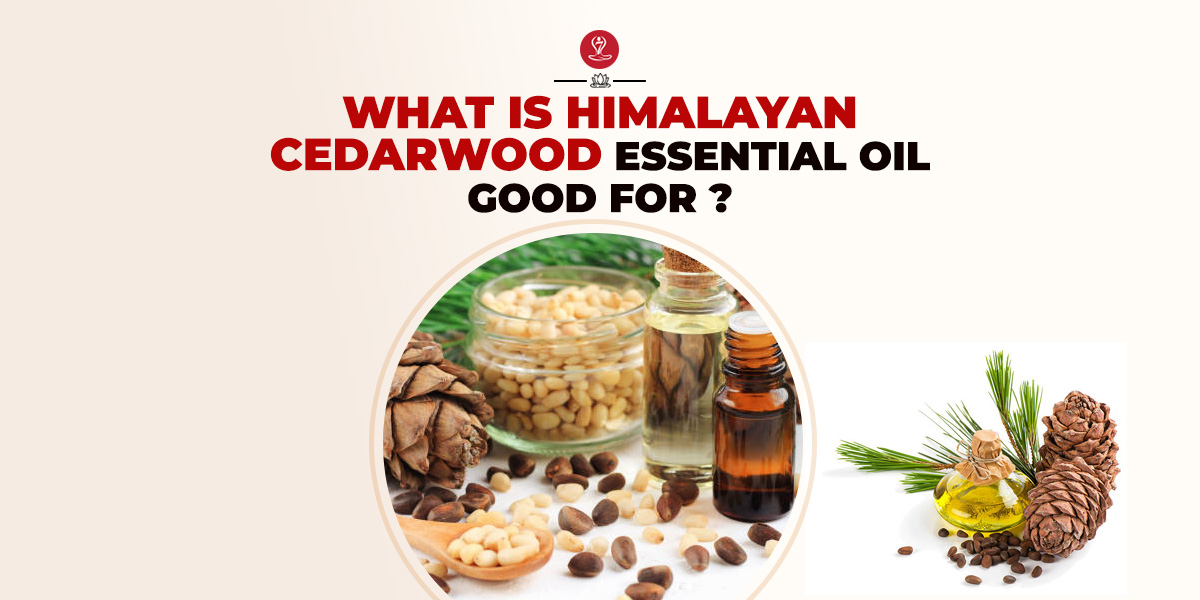
There is a wide range of heart-healthy foods that are essential to help keep your cardiovascular healthy and disease-free. Heart-healthy eating involves choosing certain foods, including leafy greens, whole grains, and fatty fish.
Although factors such as body weight, blood pressure, cholesterol levels, and genetics also play a major role in heart health and can impact your risk of heart disease, following a healthy diet is critical for heart health.
Here are 10 foods that may help influence your heart disease risk factors.
Heart-healthy foods list
Several foods may help lower your heart disease, but some may be more effective than others. They are:
Leafy green vegetables
Green leafy vegetables like spinach and kale are rich in vitamins, minerals, and antioxidants. According to the National Library of Medicine, they are rich in vitamin K, which helps protect arteries and promote proper blood clotting.
Studies show that people who regularly consume leafy green vegetables have a lower risk of developing health conditions like heart disease and fatty liver disease.
Nuts and seeds
A healthy dose of the plant-based version can help you add omega-3 to your diet, including:
Walnuts
Flaxseed.
Chia seeds.
Pumpkin seeds.
Hemp seeds.
With increasing age, there is also a risk of inflammation in the arteries of the heart. In such a situation, walnuts and flaxseed are also counted among healthy foods to prevent this. Walnuts provide a healthy dose of the plant-based version of omega-3 fatty acid called alpha-linolenic acid (ALA). It is also very beneficial in lowering cholesterol.
Whole grains
Whole grains hold more favoueable fiber than refined grains. Examples include:
whole grain bread
whole grain pasta
oats
brown rice
oats
rye
barley
buckwheat
quinoa
They include all main nutrient-rich parts of the grain such as endosperm, bran, germ, are protective for cardiovascular disease.
The AHA recommends eating whole grains rather than refined grains daily can help prevent and manage high blood pressure. However When purchasing whole grains, be sure to read ingredient labels carefully.
Berries
Berries such as Strawberries, blueberries, blackberries, and raspberries are rich in antioxidants like anthocyanins. This antioxidants protect against oxidative stress and inflammation, which contribute to the spread of heart disease.
High consumption of blueberries helps in controlling heart attacks and blood clots including high blood pressure.
Avocados
Avocados are an excellent source of heart-healthy monounsaturated fats, that is benefit your health in several ways, including lowering heart disease risk factors like high LDL (bad) cholesterol and high blood pressure.
Studies show that people who regularly consume avocado have a lower risk of developing health conditions like cardiovascular disease and reduced risk of coronary heart disease.
Beans
Beans are among the richest sources of plant-based resistant starch, making them an excellent choice if you follow a vegetarian or vegan diet.
Multiple studies have also found that eating beans and legumes can reduce certain risk factors for heart disease including LDL cholesterol, blood pressure, and improve glycemic control.
Dark chocolate
Cocoa-based chocolateis also rich in antioxidants, particularly flavanols, which have been linked to several health benefits, including heart health and improved cognitive function.
Studies have shown that consuming dark chocolate can help reduce blood pressure, improve blood flow, and lower the risk of heart disease. The flavanols in it have been found to increase the production of nitric oxide, which relaxes blood vessels and improves blood flow.
Tomatoes
Tomatoes are good sources of lycopene that is a powerful antioxidant, which can contribute to heart disease.
lycopene have been associated with blood lipids, blood pressure, and endothelial function that are linked to an increased risk of heart attack and stroke.
Olive oil
Olive oil is a excellent source of antioxidants such as polyphenols. These Polyphenols have anti-inflammatory properties that can help protect cells from damage, reduce inflammation in the body, prevent and treat hypertension and potentially lower the risk of chronic diseases like heart diseases.
Moreover, olive oil is a good source of monounsaturated fatty acids, considered healthy fats. This fatty acids have been shown to improvements in heart health by reducing bad cholesterol levelsand increasing good cholesterol levels. This can contribute to a lower risk of heart diseases.
Conclusion
Including heart-healthy foods in a nutritious, balanced diet can influence many aspects of heart health. These foods can help keep your heart in good shape and minimize your risk of heart disease
RELATED ARTICLES
Dec 26, 2025
Diet for Cholesterol: Foods That Help Lower Bad Cholesterol Naturally
Cholesterol plays a vital role in keeping the body functioning properly. The brain and nervous system depend heavily on cholesterol[...]
Dec 26, 2025
Diabetes Diet: Smart Eating for Stable Blood Sugar
If you are diabetic, choosing the right foods for blood sugar control doesn’t have to be difficult. A well-planned diet[...]
Dec 25, 2025
Heart-Healthy Foods: Smart Choices For a Strong Heart
For people living with advanced heart disease, following a heart-healthy diet is essential to lower the risk of a heart[...]
RECENT POSTS
Disclaimer
The content is purely informative and educational in nature and should not be construed as medical advice. Please use the content only in consultation with an appropriate certified medical or healthcare professional







